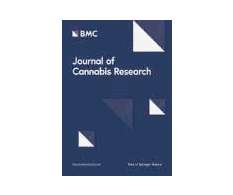Using Cannabis for ALS: Benefits, Research and Best Strains
Greencamp
AUGUST 16, 2018
Exploring the available research on ALS and cannabinoids. The CBD cannabinoid is proven to be an exceptional seizure-controlling agent for epilepsy patients, and also shows great promise for treating Parkinson’s , Alzheimer’s and Multiple Sclerosis. The first study I will reference is from 2006, conducted on mice.












Let's personalize your content